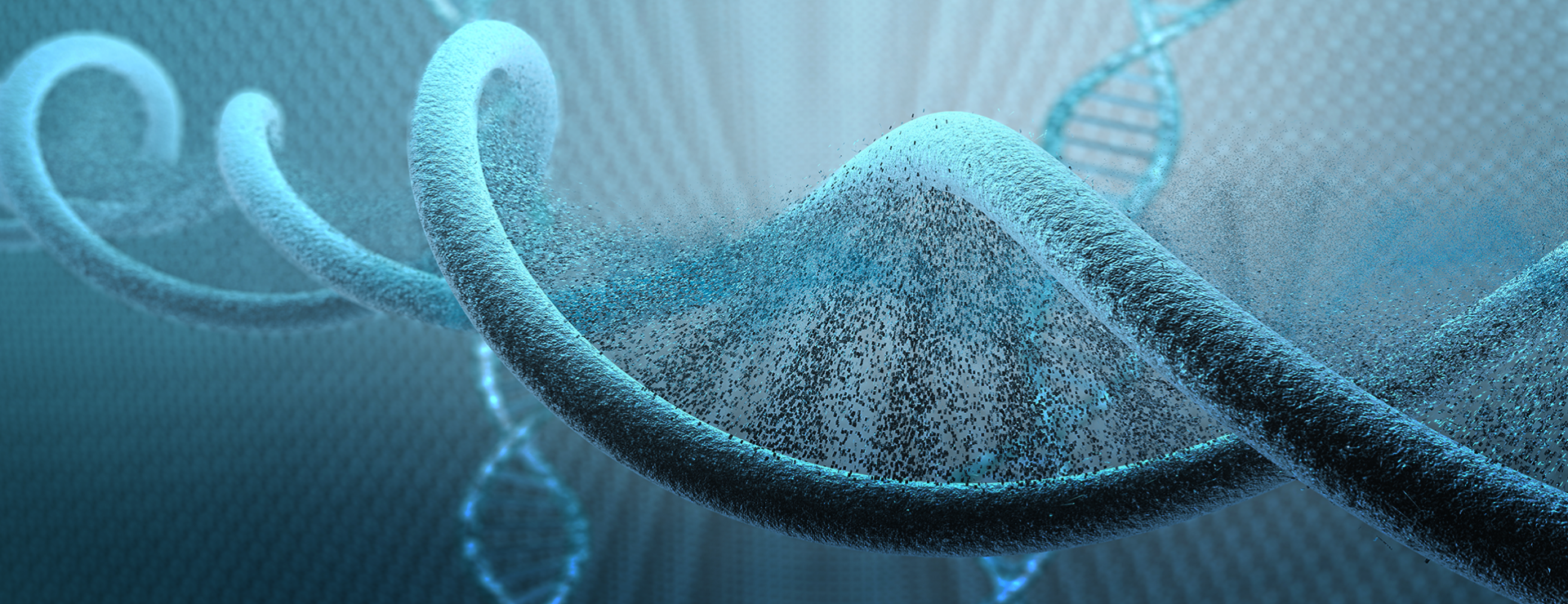
GABRB3
Facebook Support Group
Guide to Pharmacology
Share Your Story
What Is GABRB3
The GABRB3 gene is responsible for producing a protein called the beta-3 subunit of the GABA-A receptor. The GABA-A receptor is a receptor found in the brain that helps regulate brain activity.
Imagine the GABA-A receptor as a lock on the surface of brain cells, and the neurotransmitter called gamma-aminobutyric acid (GABA) as the key that fits into this lock. When GABA binds to the GABA-A receptor, it has a calming effect on the brain, reducing brain activity and promoting relaxation.
The GABRB3 gene specifically provides instructions for making the beta-3 subunit of the GABA-A receptor. This subunit is important because it contributes to the structure and function of the receptor.
Changes or variations in the GABRB3 gene can affect the properties and activity of the GABA-A receptor. These changes can influence how the receptor responds to GABA and alter the balance of brain activity.
Research suggests that alterations in the GABRB3 gene may be associated with certain neurological and psychiatric conditions. For example, studies have explored the role of GABRB3 variations in autism spectrum disorders, epilepsy, and cognitive impairments. However, it’s important to note that these conditions are complex and involve interactions with multiple genes and environmental factors.
In simple terms, the GABRB3 gene produces a protein called the beta-3 subunit of the GABA-A receptor. This subunit helps determine how the receptor responds to GABA, affecting brain activity. Changes in the GABRB3 gene may be linked to certain neurological and psychiatric conditions, but further research is needed to fully understand these connections.
Symptoms of GABRB3?
Variations or mutations in the GABRA3 gene have been associated with several different conditions. Here are some of the reported symptoms and conditions associated with GABRA3. Though understanding the specific symptoms associated with GABRA3 gene variations requires further research and investigation.
- Angelman syndrome: Angelman syndrome is a genetic disorder characterized by developmental delays, intellectual disability, severe speech impairment or absence of speech, seizures, and a happy and excitable demeanor. Some cases of Angelman syndrome have been attributed to mutations or deletions in the GABRB3 gene.
- Autism spectrum disorder (ASD): Some studies have suggested an association between variations in the GABRB3 gene and an increased risk of AS. Autism is a neurodevelopmental disorder characterized by challenges in social interaction, communication difficulties, repetitive behaviors, and restricted interests.
- Epilepsy: Certain variations in the GABRB3 gene have been linked to an increased susceptibility to epilepsy. Epilepsy is a neurological disorder characterized by recurrent seizures.
- Schizophrenia is a complex psychiatric disorder characterized by a combination of symptoms, including hallucinations, delusions, disorganized thinking and speech, reduced emotional expression, and impaired cognitive functioning.
- Childhood absence epilepsy (CAE) is a form of epilepsy that typically begins in early childhood and is characterized by brief, frequent episodes of staring and temporary loss of awareness.
- Developmental and epileptic encephalopathy is a group of severe epilepsy syndromes characterized by early-onset seizures and developmental delays or regression.
- Cleft palate is common in people with GABRB3 variants.
- Ocular Hypopigmentation: Loss of GABRB3 may be associated with less pigmentation of the retina. This decreased color in the eye can contribute to vision problems.
It’s important to note that the symptoms and severity of these conditions can vary widely among individuals, even among those with the same genetic variation. Additionally, further research is needed to fully understand the relationship between GABRB3 gene variations and the associated symptoms and conditions.
If you have specific concerns about GABRB3 gene variations or related conditions, it is recommended to consult with a healthcare professional or a geneticist who can provide you with the most up-to-date and accurate information based on your specific situation. They can conduct a thorough evaluation and provide appropriate guidance and support
Disclaimer: It is important to note that our understanding of GABA A Variants and their associated symptoms is an ongoing area of research. As of now, there may still be limited information available regarding the specific symptoms and implications of these genetic variations. It is recommended to consult with healthcare professionals or genetic specialists, and stay updated with the latest scientific research, as ongoing studies and advancements may provide further insights into GABA A Variants and their related symptoms.
Cure GABA A Variants non-profit and cureGABAa.org does not provide medical advice. It is intended for informational purposes only. It is not a substitute for professional medical advice, diagnosis or treatment. It does not diagnose, it produces a ranked list of suspected genes which provide assistance for rare hereditary disease cases. Patients should discuss their findings with their healthcare provider. Cure GABA A Variants does not intend to diagnose patients. It is providing information in order for patients to find and get better management of expert certified clinical assistance.

